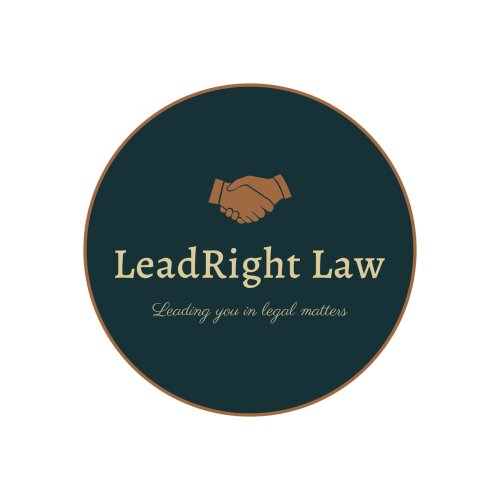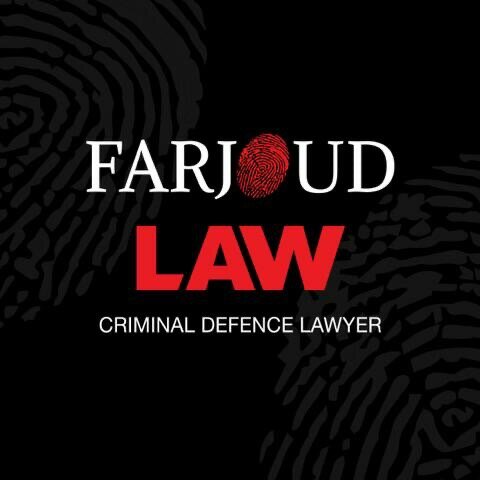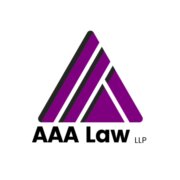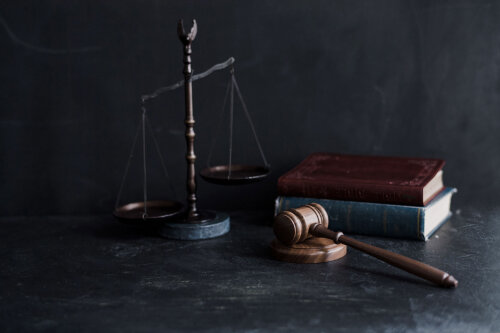Best Juvenile Law Lawyers in Toronto
Share your needs with us, get contacted by law firms.
Free. Takes 2 min.
List of the best lawyers in Toronto, Canada
About Juvenile Law in Toronto, Canada:
Juvenile Law in Toronto, Canada deals with legal issues involving individuals under the age of 18. The goal of Juvenile Law is to protect and rehabilitate young offenders, while ensuring their rights are respected throughout the legal process. This area of law is complex and requires specialized knowledge to navigate effectively.
Why You May Need a Lawyer:
You may need a lawyer in Juvenile Law if you or your child is facing criminal charges, involved in a custody dispute, or need assistance with juvenile delinquency issues. A lawyer can provide guidance on your rights, help negotiate with prosecutors, and represent you in court if necessary.
Local Laws Overview:
In Toronto, Canada, Juvenile Law is governed by the Youth Criminal Justice Act (YCJA), which sets out the legal framework for dealing with young offenders. The YCJA emphasizes rehabilitation and reintegration, rather than punishment, for juvenile offenders. It also provides special protections for young people involved in the criminal justice system.
Frequently Asked Questions:
1. What are the legal rights of young people under the YCJA?
Under the YCJA, young people have the right to legal representation, the right to privacy, and the right to be treated fairly throughout the legal process.
2. Can a young person be sentenced to jail under the YCJA?
While incarceration is possible under the YCJA, it is viewed as a last resort. The focus is on rehabilitation and alternative measures to address juvenile delinquency.
3. What is the role of a youth court judge in Juvenile Law cases?
A youth court judge presides over Juvenile Law cases and is responsible for ensuring that the principles of the YCJA are upheld. They may impose sanctions, such as community service or counseling, to address youth offending.
4. How is confidentiality maintained in Juvenile Law proceedings?
The YCJA includes provisions to protect the privacy of young offenders and restricts the publication of their identities in most cases.
5. Can a young person's criminal record be cleared in the future?
Under the YCJA, young people may be eligible to have their criminal records sealed or destroyed after a certain period, depending on the nature of the offense.
6. What is the role of parents or guardians in Juvenile Law cases?
Parents or guardians play a significant role in Juvenile Law cases and are often involved in decision-making processes regarding their child's legal representation and rehabilitation.
7. How does the YCJA address Indigenous youth in the criminal justice system?
The YCJA recognizes the overrepresentation of Indigenous youth in the criminal justice system and includes specific provisions to address their unique needs, including cultural considerations and restorative justice practices.
8. What are some common offenses that young people may be charged with under the YCJA?
Common offenses under the YCJA include theft, assault, drug-related offenses, and vandalism. It is important to seek legal advice if you or your child is facing criminal charges.
9. How can I find a lawyer specializing in Juvenile Law in Toronto?
You can contact the Law Society of Ontario for a referral to a lawyer specializing in Juvenile Law or search online for legal professionals with experience in this area.
10. What alternatives to court proceedings are available under the YCJA?
Alternative measures, such as extrajudicial sanctions and community-based programs, may be used to address youth offending without involving the formal court system.
Additional Resources:
For more information on Juvenile Law in Toronto, Canada, you can visit the Ministry of Children, Community and Social Services website or contact a legal aid clinic specializing in youth justice issues.
Next Steps:
If you require legal assistance in Juvenile Law in Toronto, Canada, consider contacting a lawyer specializing in this area to discuss your options. It is important to seek advice from a professional who understands the complexities of Juvenile Law and can provide you with the support you need.
Lawzana helps you find the best lawyers and law firms in Toronto through a curated and pre-screened list of qualified legal professionals. Our platform offers rankings and detailed profiles of attorneys and law firms, allowing you to compare based on practice areas, including Juvenile Law, experience, and client feedback.
Each profile includes a description of the firm's areas of practice, client reviews, team members and partners, year of establishment, spoken languages, office locations, contact information, social media presence, and any published articles or resources. Most firms on our platform speak English and are experienced in both local and international legal matters.
Get a quote from top-rated law firms in Toronto, Canada — quickly, securely, and without unnecessary hassle.
Disclaimer:
The information provided on this page is for general informational purposes only and does not constitute legal advice. While we strive to ensure the accuracy and relevance of the content, legal information may change over time, and interpretations of the law can vary. You should always consult with a qualified legal professional for advice specific to your situation.
We disclaim all liability for actions taken or not taken based on the content of this page. If you believe any information is incorrect or outdated, please contact us, and we will review and update it where appropriate.
















